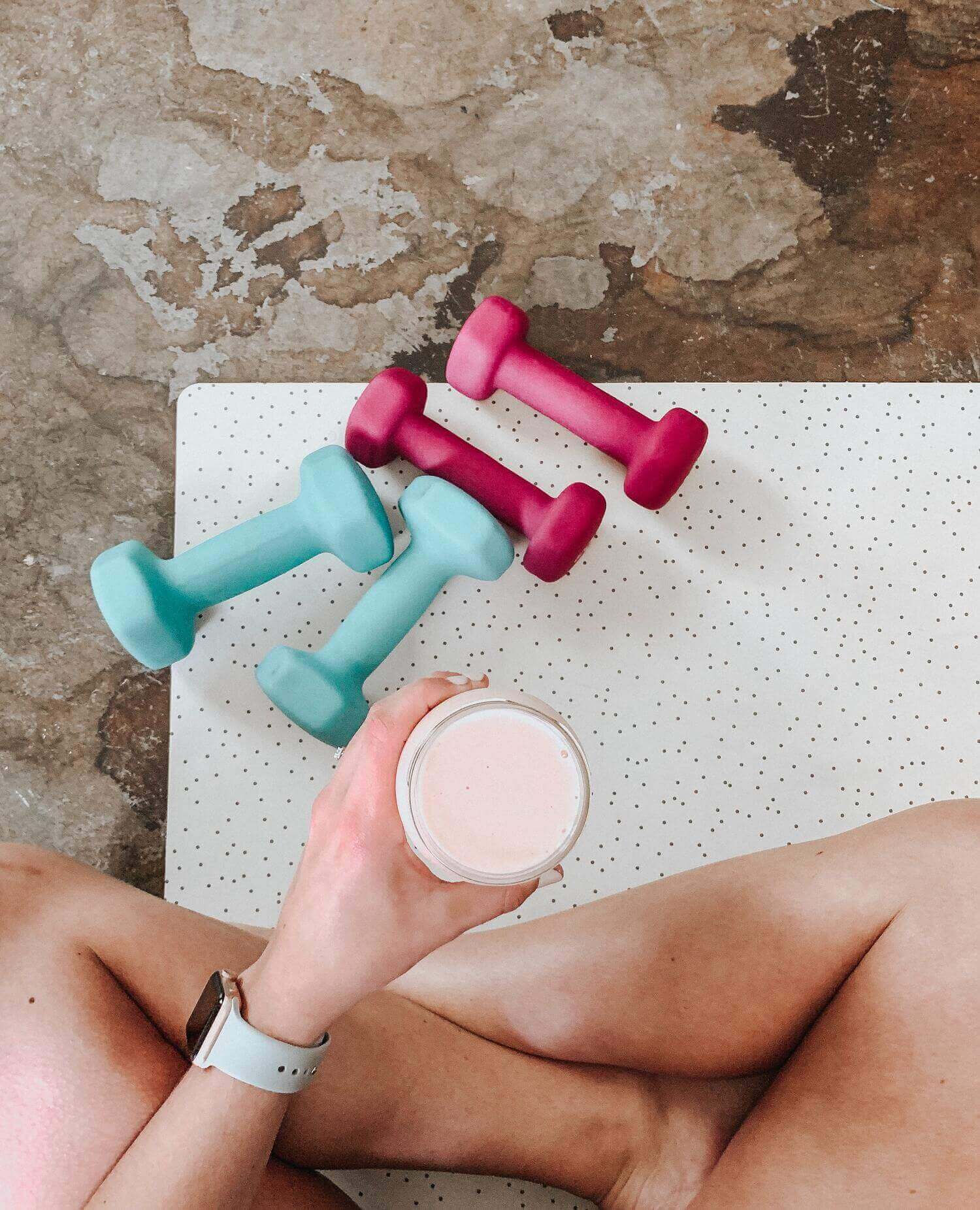Due to work, and other time-consuming activities you indulge in daily, you may not be quite regular with visiting the hospital for health checks, and this could pose a grave risk if you are quite negligent.
You could carry out some health tests at home with a thermometer, watch, mirror, tape measure, a couple of minutes, and some other home health-testing tools.
Therefore, you should regularly run home wellness tests to verify your health status to some extent.
In this blog, we will be discussing the benefits of home wellness tests and how you can easily conduct them. So, try to include them in your to-do list (preferably on a weekly basis).
Benefits of running home wellness tests
You should know that conducting home wellness tests at home doesn’t make hospital check-ups less important. As much as you should keep visiting the hospital for your check-ups, health tests at home should also be done.
Here are 3 essential benefits of running home wellness tests;

Convenience:
One factor driving the rise in the popularity of home wellness tests is convenience. Not everyone can take time off work to travel an hour almost every week to wait in a long queue to see a doctor. Testing may be done at home, which is more convenient. You could order your test online, take it at home, and return the sample for analysis, provided you have a home health-testing kit.
Provides detailed information on your wellness
Using home health testing kits to check for vitamin and mineral deficiencies can be a quick way to learn more about your body. At the same time, it's always a good idea to contact a doctor if you feel you have a significant medical problem. The results of this testing will then enable you to decide if you need to change your diet or start taking supplements for any nutrients you may be lacking.
Affordably Priced:
Health tests at home are often less expensive than a doctor's visit (especially if you go every month). The trip, the doctor's charge, and the lab fee are all included in the price. What if you could get an at-home strep test for under $35 instead? If the findings are good, a phone call to your doctor will result in a prescription. For many individuals, this is a more economical option. If your doctor orders it, your insurance may even cover it.
Health tests at home provide a lot of advantages. They're simple to conduct, convenient, and informative.
Are there any medical tests that can be done at home?
The following medical tests that may be performed at home include:
- Taking a temperature reading
- Checking your pulse
- Checking your waist circumference
- At-home urine test
If you have a home health-testing kit, you can do these tests quickly and easily.
How are these tests conducted?
Temperature Check:
While 98.6 degrees is often regarded as "normal," a healthy temperature ranges from 95 to 101 degrees, depending on the time of day, your age, exercise level, food, and other factors. For example, since older persons have a lower body temperature, their temperature may not reach usual feverish levels even when they are unwell.
To create a baseline, take your temperature many times throughout the day (a specific temperature range).
What to search for: Once you've established your baseline, you may use it to determine what's typical for you and see your doctor if your temperature is particularly high or low. Low temperatures might suggest that your body is fighting an infection; higher temperatures could indicate that you have diabetes, hypothyroidism, or liver problems.
Pulse Check:
Checking your pulse, which counts how many times your heart beats in a minute, isn't simply for determining how hard you're working out. In fact, your resting heart rate might reveal a lot about your overall heart health.
For the simplest method, place your middle and index fingers on your neck, exactly close to your Adam’s apple. Then count your pulse for 30 seconds while following the second hand on your watch. To calculate your heart rate, multiply that number by two.
What to search for: A resting heart rate of 60 to 100 beats per minute is considered normal. A low pulse typically indicates that you are in good physical shape. A marathon runner's pulse, for example, can be in the 50s. The goal pulse during aerobic activity is 70 to 85 percent of your maximal heart rate (220 minus your age), or 120 to 150 beats per minute for a 45-year-old woman.
If your resting pulse is above 100 or below 60 (assuming you're not a well-trained athlete), or if your heart skips beats or doesn't retain a steady rhythm, you should consult a doctor.

Waistline Check:
This is a very essential at-home health test. Even if your weight is healthy, your waist circumference is an excellent indicator of your future risk for numerous health conditions: the thicker your waist, the greater your risk.
In fact, independent of weight or BMI, persons with large waist circumferences had double the mortality risk as those with lower readings, according to research published in the Archives of Internal Medicine.
Let's face it, some of us have trouble determining where our waistline stops and our hips begin.
This at-home health test is easy: use a soft tape measure to surround your waist at the level of your belly button. Make sure it's snug but not too tight and that you're not holding your breath!
What to look for: A waist measurement of less than 35 inches for women and less than 40 inches for males is ideal. Type 2 diabetes, high blood pressure, high cholesterol, and heart disease are all more likely if your BMI is higher than that.
Urine Test:
Urine can tell a lot about your body. There are two ways to get a urine test. You can either go to your practitioner to get checked or try at-home urine tests.
Classic at-home urine test, which consists of a little kit that you may use in the convenience of your home. You must remove the plastic cup from the packaging and urinate inside it. The strip, which is also a package component, is then added to the cup and left there for a predetermined period (read the package for clear instructions).
You can check your ketone levels with ketone test strips or your magnesium levels with magnesium test kits. But do you know that there’s one test that gives real-time data on 9 wellness parameters? Meet Vivo!
With Vivoo urine tests, you can get real-time data on 9 parameters (including calcium, vitamin C, magnesium, oxidative stress, urine Ph, ketone and hydration). What is more? You can get personalized advice from our dietitians on improving your diet according to your results.
How do you keep tabs on your health and wellness at home? Comment below!









